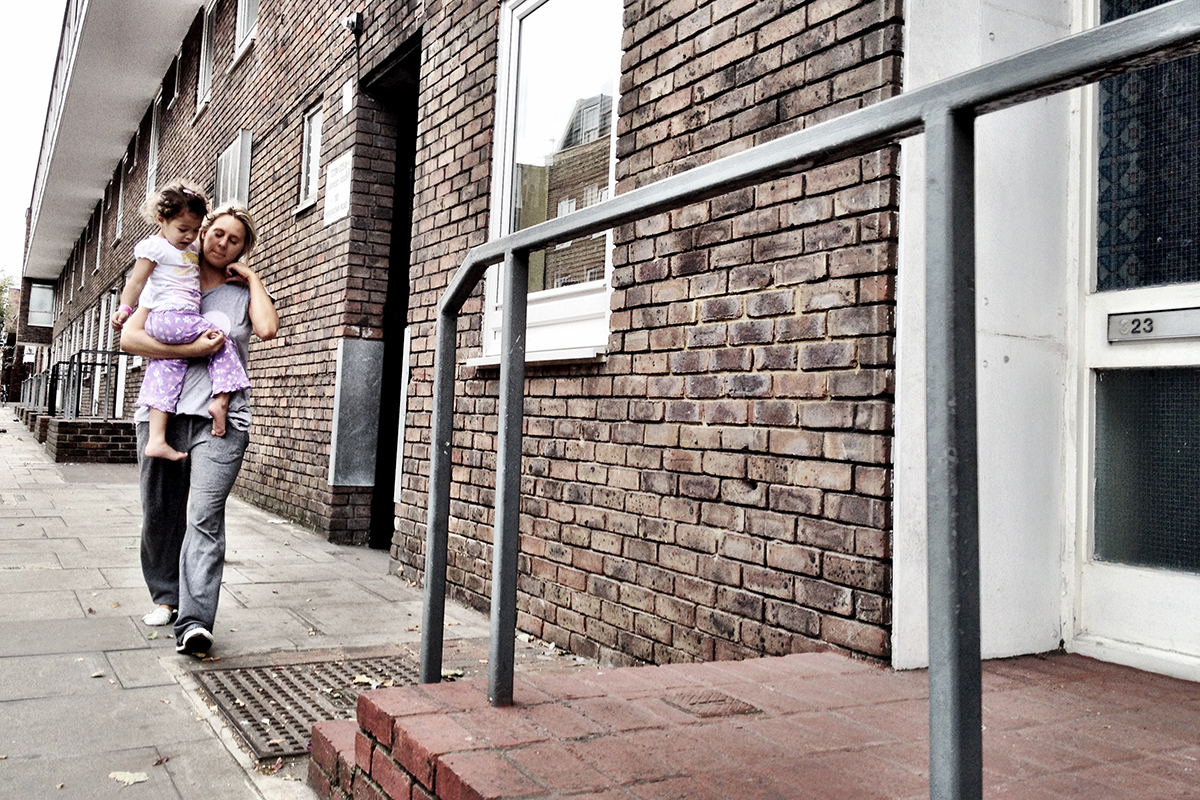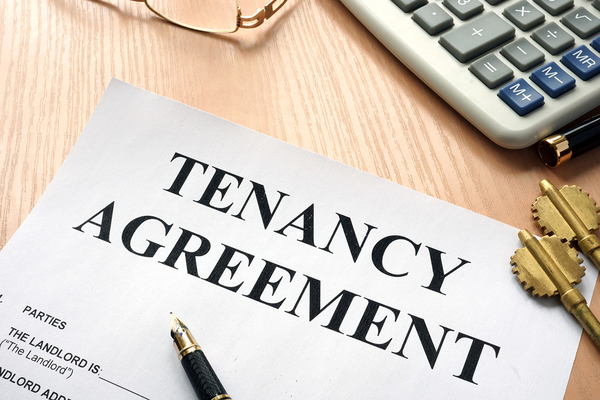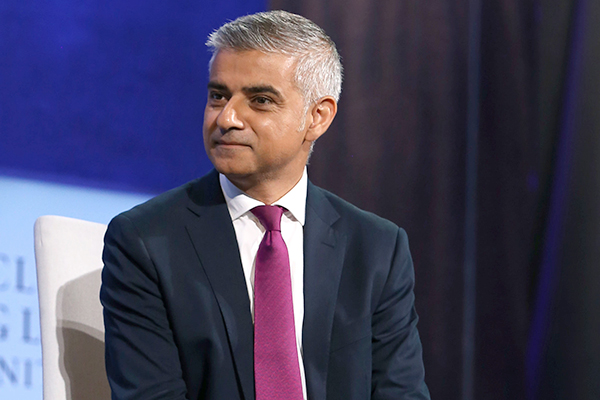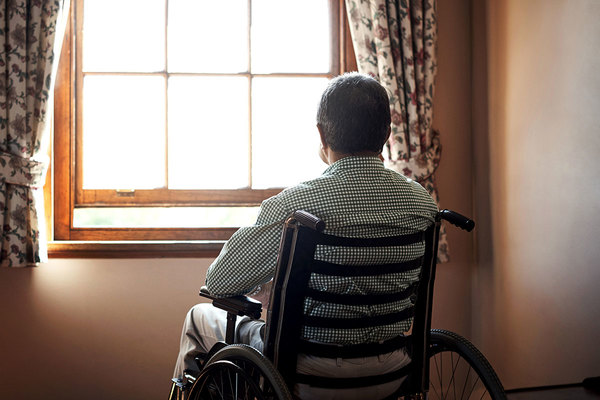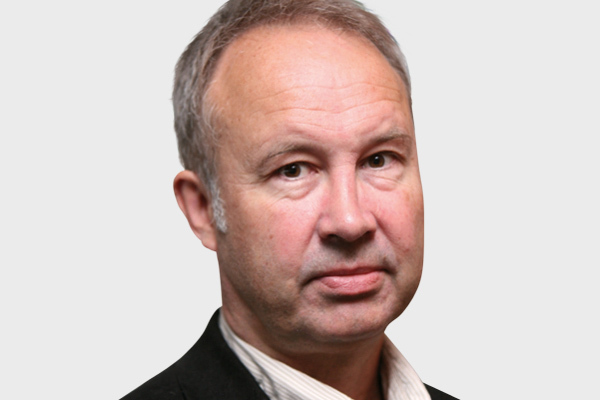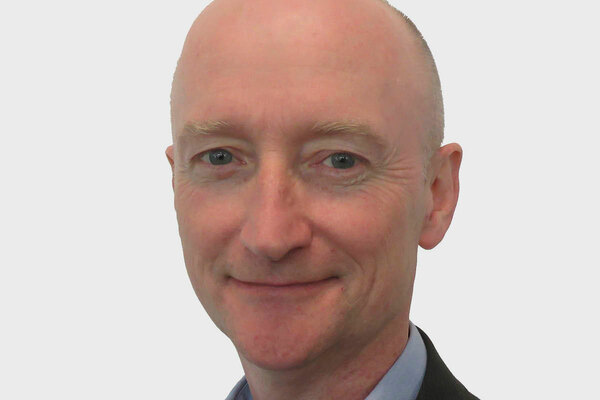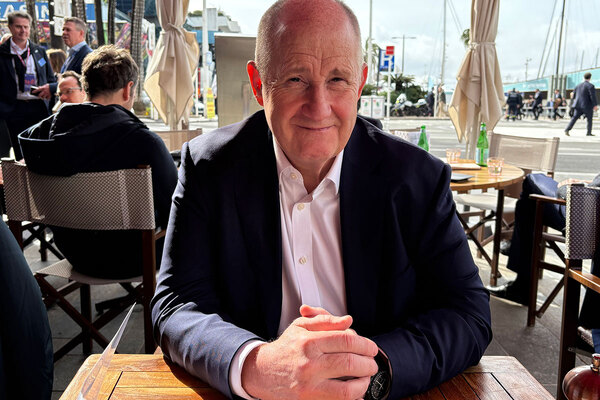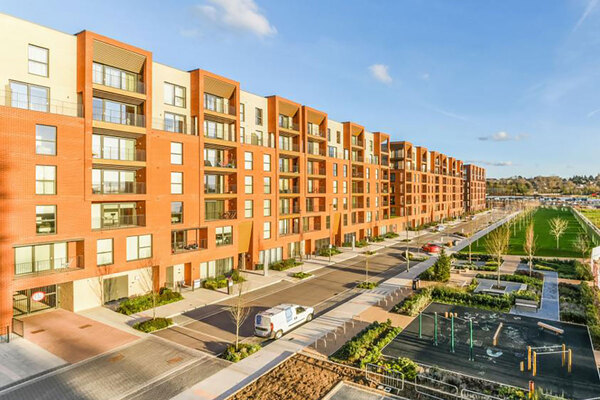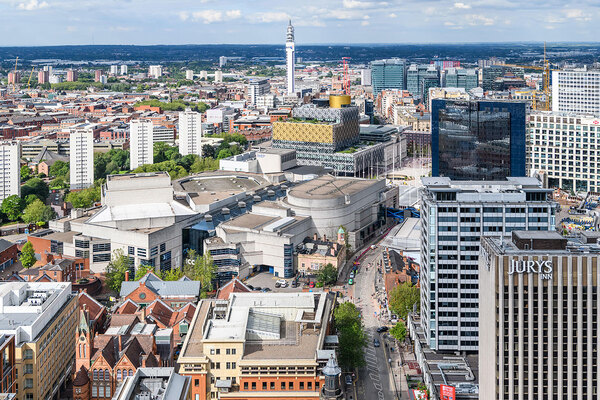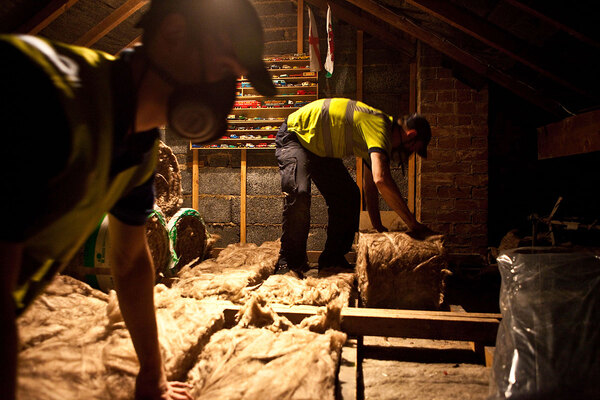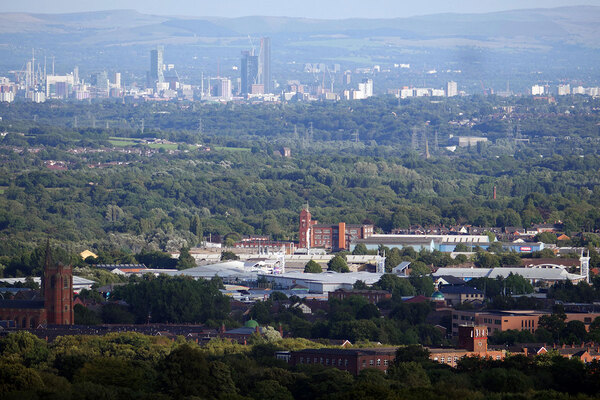1.3 million children living in poverty in private rented sector, says NHF
An estimated 1.3 million children are living in poverty in private rented homes across England, the National Housing Federation (NHF) has said.
In a new report published today, the trade body said that is an increase of 537,325 from 2008 – a 69% rise – with a shortage of social housing helping drive the surge.
The NHF claimed that 242,753 of the children currently affected would not be in poverty if they lived in social housing and that another 500,000 would be better off.
Social rents are typically around half of market rent, meaning that poor households in private rented homes would be £3,172 a year better off on average – which would also save the government an annual £1.8bn in housing benefit.
Nearly half (46%) of all children living in England’s private rented sector are in poverty, despite 71% of their families having jobs, researchers said.
Kate Henderson, chief executive of the NHF, said: “It is a disgrace that in one of the wealthiest countries in the world we cannot provide our children with a secure and affordable home.
“The critical lack of social housing is pushing more and more families into poverty by forcing them into insecure privately rented homes they cannot afford.
“It’s so obvious that we need to be building more social housing and the government has a duty to our children to invest in this. This means increasing funding for social housing and urgently reforming the way that land is sold in this country.”
Ms Henderson called on ministers to reform the land market to stop housing associations having to compete with private developers to build homes and provide more cash for social housing, especially for more costly family homes.
Related Files
The NHF and homeless charity Crisis have previously said England needs to build 90,000 social rented homes a year – but only 6,463 were delivered in 2017/18.
Over the past decade, the number of families living in privately rented homes has increased by more than 75%, more than couples and single people, and have outnumbered families in social housing since 2012.
